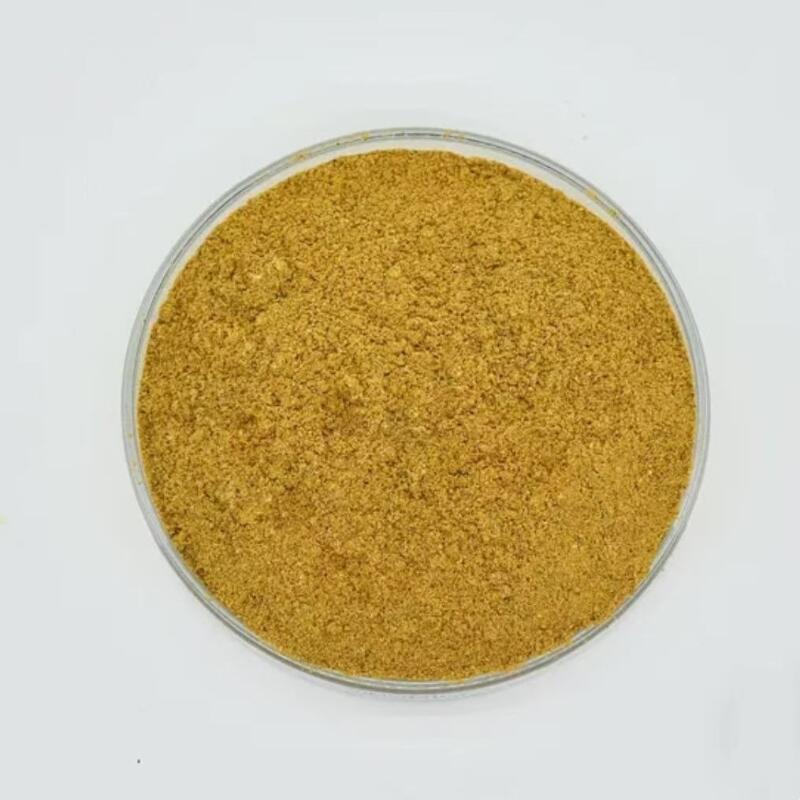The French Ministry of agriculture reconsiders the policy of partial slaughter of mad cow
-
Last Update: 2002-09-10
-
Source: Internet
-
Author: User
Search more information of high quality chemicals, good prices and reliable suppliers, visit
www.echemi.com
Introduction: France's new agriculture minister, Elvis Gamal, has asked the national food safety administration to study the feasibility of implementing partial slaughter policies for the herds where the mad cattle live, so as to give up all the current slaughter policies for the mad cattle herds on the premise of ensuring the food safety of consumers, the Ministry of Agriculture said Tuesday According to the existing policy in France, cattle born after January 1, 2002 will not be slaughtered in order to gradually achieve targeted slaughtering of the herds where the mad cattle live But because some people in China object on the grounds that consumers' food safety can not be guaranteed absolutely, some slaughtering policies have not been implemented According to the French Ministry of agriculture, the practice of slaughtering all the livestock in the herds where the mad cattle live has caused great losses to France, among which more than 170 million euros are compensated to the farmers every year According to the Ministry of agriculture, the incubation period of BSE is 5-6 years, while most cases of BSE found in France were infected before 1995 or 1996 Since then, as the state has strengthened the management of feed that may infect BSE, especially since November 2000, the relevant departments have further strengthened the measures to ensure the feed safety Therefore, the possibility of new born cattle infected with BSE should be very small If the policy of slaughtering all cattle is continued, it will cause unnecessary loss and waste It is reported that the French Ministry of agriculture has drafted a proposal on the new policy According to the proposal, in the future, only the direct offspring of mad cattle and the cattle in the herd that are 12 months different from their date of birth will be slaughtered, and other cattle will not be slaughtered The French Ministry of Agriculture said the implementation of the policy will reduce the economic losses caused by mad cow disease in France by half French media reported a lot on the policy proposal put forward by the new minister of agriculture, believing that this policy is conducive to the development of French animal husbandry According to French media reports, the national food safety and health administration has carried out many studies on the policy of selective partial slaughter from the perspective of science and technology, and its attitude is relatively positive At present, among European countries, Portugal, Germany, Italy, Spain and the Netherlands have implemented some slaughter policies (author:) share to feed Weibo share to:
This article is an English version of an article which is originally in the Chinese language on echemi.com and is provided for information purposes only.
This website makes no representation or warranty of any kind, either expressed or implied, as to the accuracy, completeness ownership or reliability of
the article or any translations thereof. If you have any concerns or complaints relating to the article, please send an email, providing a detailed
description of the concern or complaint, to
service@echemi.com. A staff member will contact you within 5 working days. Once verified, infringing content
will be removed immediately.







